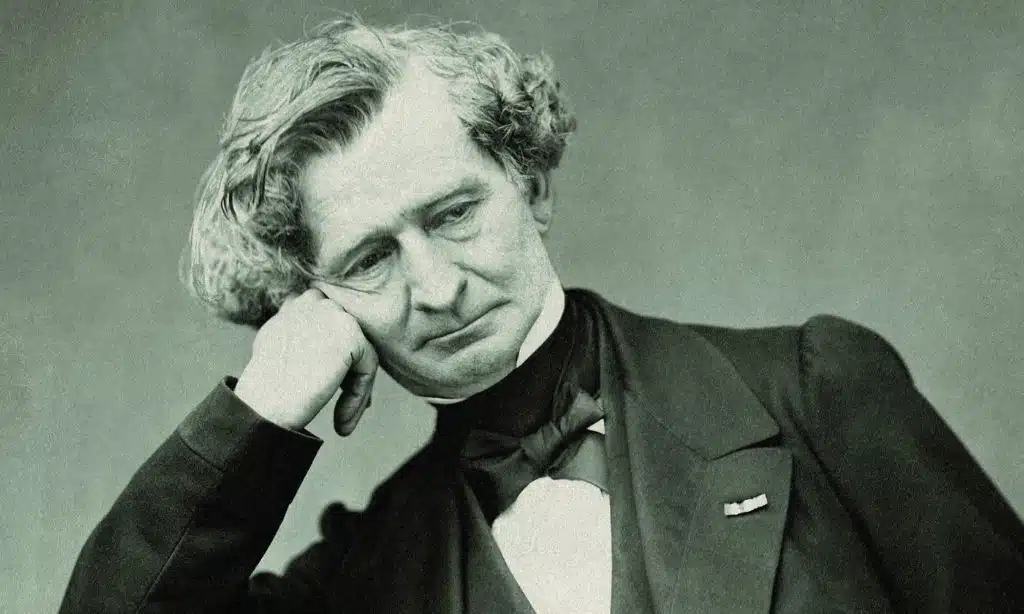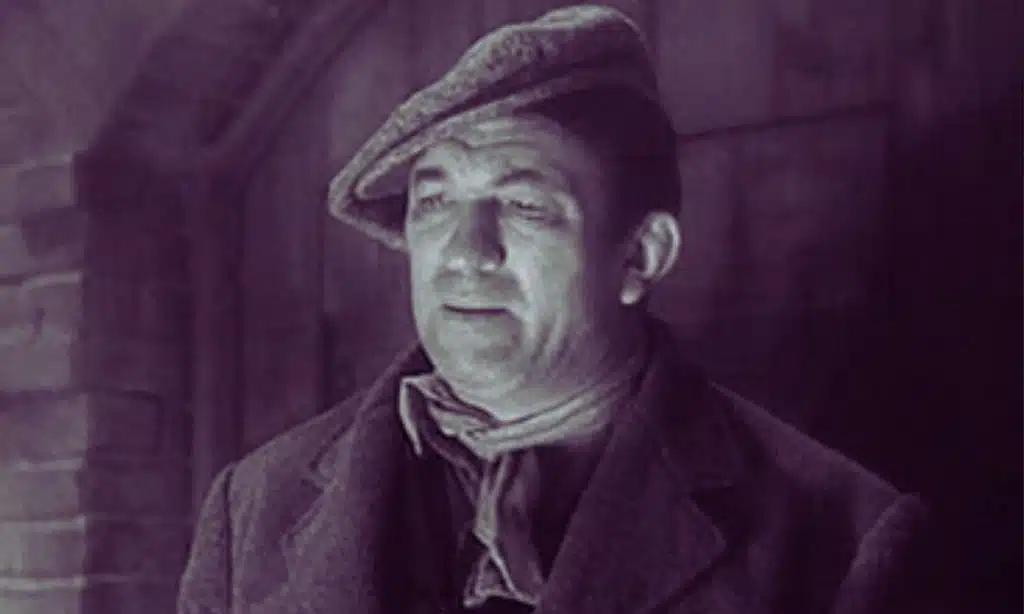December 10 has been an important day in history, marked by several significant events and the birth of famous personalities. From groundbreaking historical events to influential figures, this date has contributed much to shaping the world.
In this article, we will explore the historical events that happened on December 10, as well as the well-known individuals born on this day.
Historical Events of December 10
1. Goa Surrenders to the Portuguese (1510)
On December 10, 1510, the Muslim ruler of Goa, Yusuf Adil Shah, and his Ottoman allies surrendered to Portuguese forces led by Afonso de Albuquerque. This event marked a significant moment in the history of Goa and the Portuguese empire.
Before the Portuguese arrived, Goa was ruled by Muslim sultans. The city was a major trading hub and an important cultural center in India. However, when the Portuguese began to expand their empire, they sought to take control of Goa. Under the leadership of Afonso de Albuquerque, the Portuguese forces attacked and eventually captured the city, forcing Yusuf Adil Shah and his allies to surrender.
This battle and subsequent surrender led to the Portuguese dominating Goa for several centuries. While the Portuguese were successful in their conquest, the surrender was marked by violent actions. The Muslim population of Goa faced harsh treatment, and many were killed. The Portuguese remained in Goa until 1961, making it one of their most important colonies in Asia.
2. France Adopts the Gregorian Calendar (1582)
On December 10, 1582, France officially adopted the Gregorian calendar, changing the way people measured time. Before this, the Julian calendar, introduced by Julius Caesar in 45 BCE, was in use across much of Europe. However, it was inaccurate, and over time, it caused the dates of important events like the Spring Equinox to drift.
In 1582, Pope Gregory XIII introduced a new calendar system that corrected the errors of the Julian calendar. The Gregorian calendar was more accurate and is still used today in most parts of the world.
France was one of the first countries to adopt this new calendar, although it wasn’t immediately accepted everywhere. Other European countries, including Italy, Spain, and Portugal, also switched to the Gregorian calendar shortly after. However, some countries, like England, did not adopt it until much later.
3. Hector Berlioz Premieres “L’enfance du Christ” (1854)
On December 10, 1854, French composer Hector Berlioz premiered his oratorio L’enfance du Christ (The Childhood of Christ) in Paris. An oratorio is a large musical work for orchestra and voices, similar to an opera but without staging or acting.
L’enfance du Christ tells the story of the early years of Jesus Christ. The piece was first performed at the Salle Herz, a concert hall in Paris, and was conducted by Berlioz himself. The music blends elements of French romanticism with a religious theme, showcasing Berlioz’s unique style.
Although the premiere was not an immediate success, the oratorio is now considered one of Berlioz’s most significant works. It is still performed by orchestras and choirs today, especially around Christmas time.
4. Spain Declares War Against the United States (1898)
On December 10, 1898, the Treaty of Paris was signed, officially ending the Spanish–American War. This treaty marked the beginning of a new era for the United States, as it gained control over several territories once owned by Spain, including the Philippines, Puerto Rico, and Guam.
The Spanish–American War was sparked by a number of factors, including the explosion of the USS Maine in Havana Harbor. The United States, seeking to expand its influence, declared war on Spain in April 1898. The war was brief, lasting only a few months, but it resulted in a major shift in global power.
The treaty was signed by US President William McKinley and Spanish representatives, and it formally ended the conflict. The United States emerged as a new imperial power, with overseas colonies in the Pacific and Caribbean. For Spain, the treaty marked the end of its colonial empire in the Americas.
5. Henri Moissan Wins Nobel Prize for Chemistry (1906)
On December 10, 1906, French chemist Henri Moissan was awarded the Nobel Prize in Chemistry for his work in isolating fluoride. Moissan’s discovery was groundbreaking, as fluoride is a highly reactive and toxic element that had been difficult to isolate.
Moissan’s achievement was important because fluoride plays a crucial role in many industries, including the production of aluminum and the development of certain chemicals. His research helped lay the foundation for future studies in chemistry and materials science.
Henri Moissan’s work earned him the respect of scientists worldwide, and he remains a key figure in the field of chemistry. His legacy continues to inspire researchers in the fields of chemistry and chemical engineering.
Famous Birthdays on December 10
1. William Lloyd Garrison (1805-1879)
William Lloyd Garrison was born on December 10, 1805, in Newburyport, Massachusetts. He is best known for his role as a prominent American abolitionist and publisher of The Liberator, an influential anti-slavery newspaper.
Garrison dedicated much of his life to fighting for the emancipation of enslaved people in the United States. His writings and speeches called for the immediate abolition of slavery, and he used The Liberator to spread his message. Garrison’s strong stance on abolition made him both admired and hated, but he never wavered in his beliefs.
In addition to his abolitionist work, Garrison was also an advocate for women’s rights and other social reforms. His work helped push the nation toward the eventual abolition of slavery, culminating in the Emancipation Proclamation in 1863. Garrison’s legacy is still felt today in the fight for civil rights.
2. Victor McLaglen (1886-1959)
Victor McLaglen, born on December 10, 1886, in Tunbridge Wells, England, was a well-known British actor who won the Academy Award for Best Actor for his role in the 1935 film The Informer. McLaglen had a diverse career, appearing in over 70 films, mainly in the 1920s and 1930s.
McLaglen’s acting style was larger-than-life, and he often played tough, muscular characters. He became a popular star in both British and American films, working with notable directors such as John Ford. McLaglen’s most famous roles include his performances in The Informer and The Lost Patrol.
His Academy Award win solidified his place in Hollywood history. McLaglen remained active in the film industry until the 1950s, and his work continues to be appreciated by movie lovers today.
3. Morton Gould (1913-1996)
Born on December 10, 1913, in Richmond Hill, New York, Morton Gould was an American pianist, conductor, and composer. He was widely recognized for his contributions to both classical and popular music.
Gould’s compositions spanned a wide range of genres, from classical orchestral pieces to Broadway musicals. His most famous work, Stringmusic, won him the Pulitzer Prize for Music in 1956. Gould’s music often blended different styles, including jazz and American folk music, making his work appealing to a broad audience.
In addition to composing, Gould was a respected conductor and pianist, performing with many leading orchestras. His influence on American classical music was significant, and his works continue to be performed today.
4. Kenneth Branagh (63 years old)
Kenneth Branagh, born on December 10, 1960, in Belfast, Northern Ireland, is a highly regarded actor and director. Branagh is best known for his work on Shakespearean plays, both as an actor and a director.
Branagh’s career took off with his 1989 film Henry V, which he directed and starred in. This successful adaptation of Shakespeare’s play earned him widespread acclaim. Branagh went on to direct and star in several other Shakespearean films, including Much Ado About Nothing and Hamlet.
In addition to his work in Shakespeare adaptations, Branagh has acted in and directed numerous other films, including Dead Again and Thor. His versatility as an actor and director has made him a major figure in both British and international cinema.
5. Sultan Kösen (41 years old)
Sultan Kösen, born on December 10, 1982, in Mardin, Turkey, is the world’s tallest living man. He stands at a staggering height of 8 feet 2.8 inches (251 cm), according to the Guinness World Records.
Kösen’s extraordinary height is due to a condition called acromegaly, which causes excessive growth hormone production. Despite the challenges he faces, Kösen has embraced his unique position and become a global symbol of human diversity.
In addition to his role as a record-holder, Kösen has used his fame to raise awareness about medical conditions related to growth disorders. His story has inspired many people around the world to embrace their differences.
Takeaway
December 10 is a day rich with historical significance and the birthdays of influential individuals. From the Portuguese conquest of Goa in 1510 to the signing of the Treaty of Paris in 1898, this date has shaped the course of history. The birth of figures like William Lloyd Garrison, Victor McLaglen, and Kenneth Branagh continues to inspire people across the world in the fields of politics, entertainment, and the arts. Sultan Kösen, the world’s tallest man, reminds us of the uniqueness of human beings and the importance of accepting our differences.
As we look back at the events and individuals born on December 10, we see a mix of triumphs, challenges, and groundbreaking moments that have influenced our past and continue to shape our future.
References
- “Goa Surrenders to Portuguese Forces in 1510.” History.com. https://www.history.com/
- “France Adopts the Gregorian Calendar in 1582.” Britannica. https://www.britannica.com/
- “Hector Berlioz Premieres ‘L’enfance du Christ’ in 1854.” The Guardian. https://www.theguardian.com/
- “The Spanish-American War and the Treaty of Paris.” History.com. https://www.history.com/
- Henri Moissan Wins Nobel Prize for Chemistry in 1906.” NobelPrize.org. https://www.nobelprize.org/
- “William Lloyd Garrison and the Abolitionist Movement.” Biography.com. https://www.biography.com/
- “Victor McLaglen and His Legacy in Film.” IMDb. https://www.imdb.com/
- “Morton Gould: The Man Who Shaped American Music.” NPR. https://www.npr.org/
- “Kenneth Branagh: Director and Actor.” BBC.com. https://www.bbc.com/
- “Sultan Kösen: World’s Tallest Man.” Guinness World Records. https://www.guinnessworldrecords.com/






































